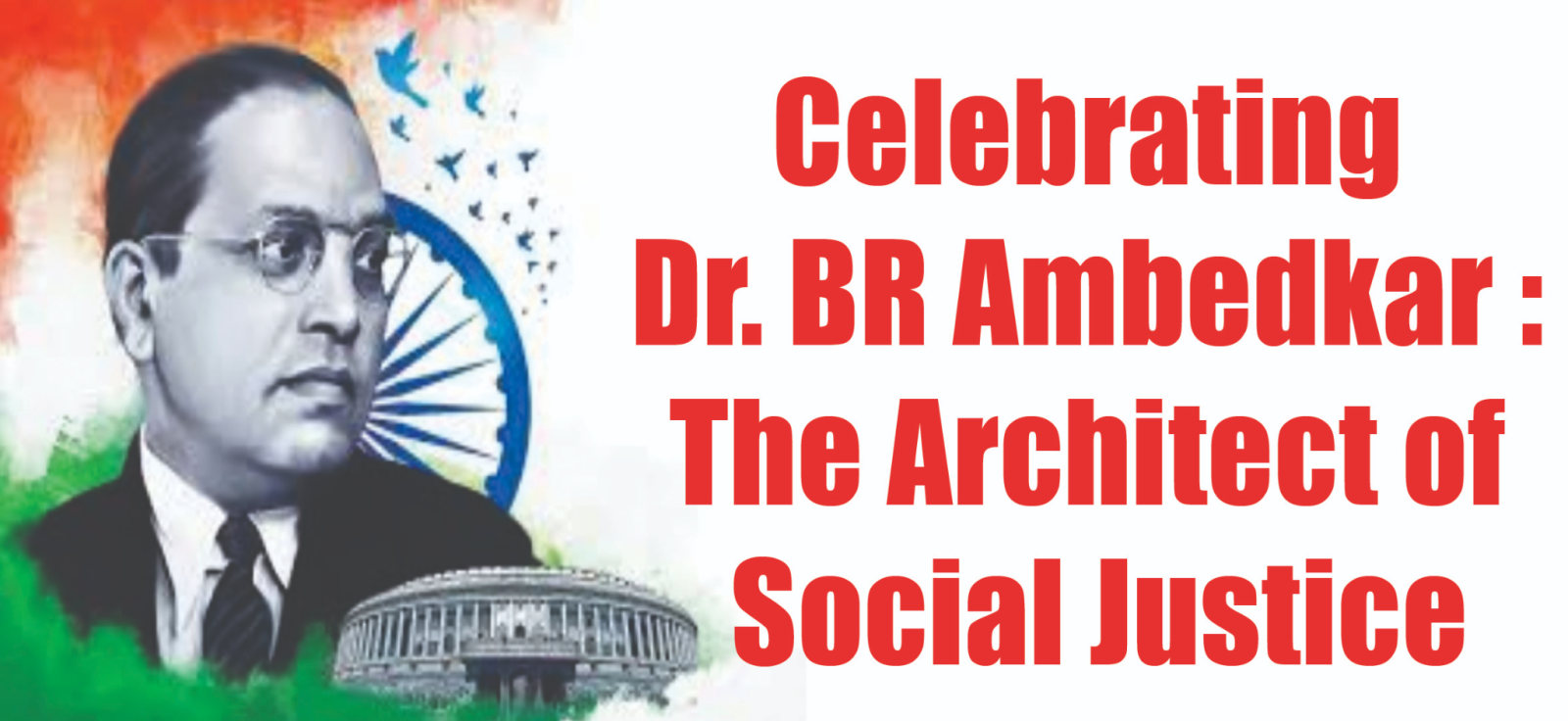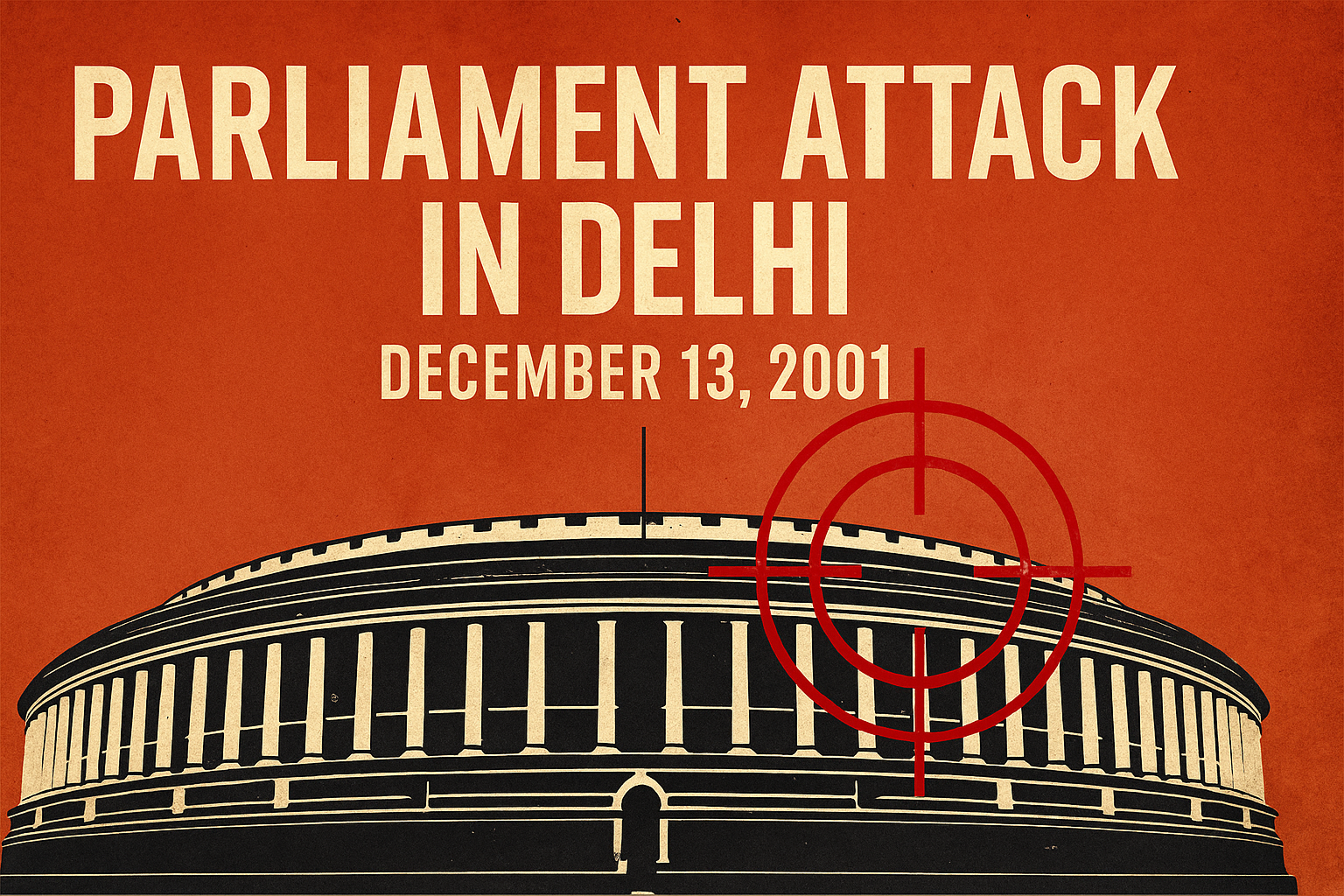Introduction to Dr. Bhimrao Ambedkar
Dr. Bhimrao Ambedkar, also known as Babasaheb Ambedkar, is one of the most revered figures in Indian history. Born into a Dalit family and facing extreme social discrimination, Ambedkar rose to become the principal architect of the Indian Constitution. His life's mission was to abolish untouchability, ensure equal rights for all, and promote education and empowerment among the marginalized.
Early Life and Education
Bhimrao Ramji Ambedkar was born on April 14, 1891, in Mhow, a small town in present-day Madhya Pradesh. Despite being born in a Dalit Mahar caste, considered 'untouchable' in the caste system, Ambedkar pursued education with relentless determination.
Attended Elphinstone High School in Mumbai
Graduated from Bombay University
Studied Economics at Columbia University, USA
Earned a Doctorate from London School of Economics
One of the few Indians at that time with multiple doctoral degrees
Fight Against Caste Discrimination
Dr. Bhimrao Ambedkar strongly opposed the Brahmanical caste system and worked tirelessly to eradicate untouchability.
In 1927, he led the Mahad Satyagraha to allow Dalits access to public water tanks.
He burned the Manusmriti, an ancient Hindu text, symbolizing protest against caste discrimination.
Started newspapers like "Mooknayak" and "Bahishkrit Bharat" to spread awareness among Dalits.
Architect of the Indian Constitution
One of Dr. Ambedkar’s most lasting contributions was as the Chairman of the Drafting Committee of the Indian Constitution.
He ensured fundamental rights, freedom of religion, abolition of untouchability, and equality before the law.
Advocated for reservations in education and jobs to uplift historically oppressed communities.
His legal and philosophical expertise made the Indian Constitution one of the most comprehensive in the world.
Conversion to Buddhism
In 1956, after years of disillusionment with Hindu orthodoxy, Dr. Ambedkar converted to Buddhism along with millions of followers. This was a historic social movement aimed at escaping caste oppression and embracing a religion based on equality, compassion, and rationality.
This event marked the beginning of the Dalit Buddhist movement.
Authored "The Buddha and His Dhamma", an influential book on Buddhist philosophy.

Dr. Ambedkar’s Legacy
Dr. Bhimrao Ambedkar passed away on December 6, 1956, but his legacy continues to inspire generations.
His birthday, April 14, is celebrated as Ambedkar Jayanti and is a public holiday in India.
Statues of Ambedkar stand proudly across India, symbolizing justice and equality.
He is often called the Father of the Indian Constitution and a symbol of social justice.
Read More: The Extremegoal frenzy Football Clash aims to be open to everyone
Famous Quotes by Dr. Ambedkar
“Educate, Agitate, Organize”
“I measure the progress of a community by the degree of progress which women have achieved.”
“We are Indians, firstly and lastly.”
Conclusion
Dr. Bhimrao Ambedkar’s life was a journey of struggle, knowledge, and transformation. He challenged centuries-old injustice and laid the foundation for a more equal and democratic India. His work as a visionary leader, scholar, and champion of human rights makes him one of the greatest Indians of all time.
Explore other popular Posts:
Blog | News | Entertainment | Education | Sports |
Technology | Cryptocurrency | Stock | Home | Sitemap





